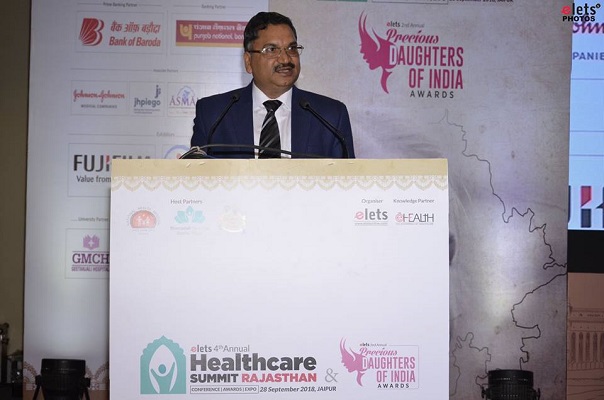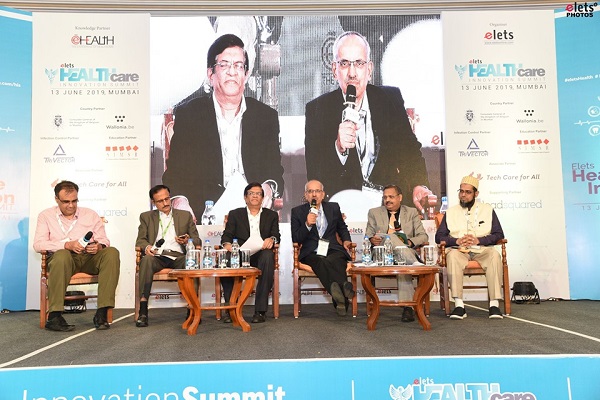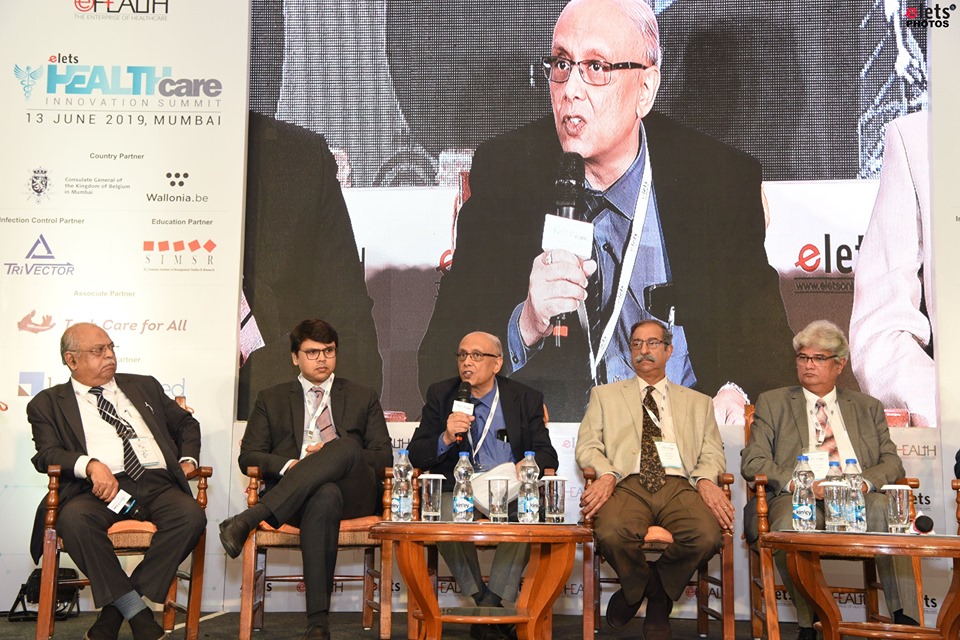
If you’re wondering how Artificial Intelligence (AI) and Machine Learning (ML) in healthcare can lead to operational improvement, this article is for you.
Most of the service providers want to implement changes to overcome operational inefficiencies at their organisations, and many have looked to data and analytics for help. However, improving efficiency takes more than just access to enormous datasets.

Hospital leaders also need to be able to take action on data in real time. Speaking at the 3rd Healthcare & Innovation Summit, Bengaluru, Sunita Kishnani, Vice President – Digital Marketing & Products, MedikaBazaar said,” With the most burning issue of bringing in operational efficiency, we should try to contribute in bringing about efficiency in the hospitals.”
Commenting on the crucial scenario of the private healthcare sector, she said,” Private healthcare sector is about 74% in India. And if you look at the two financial outlooks of the sector, it is an alarming situation for the private healthcare as the profitability of private healthcare providers is under pressure and it’s time to think how and what can be done to change this entire process.”

“There are 3 things such as uncertainty, affordability and competition which require our attention at the moment. Firstly, though the government is trying to do a lot of work with Ayushman Bharat which eventually going to help the society, there is an uncertainty and increased pricing pressure from the government,” she said.
“Secondly, due to the large number of population residing in the rural areas, accessibility and affordability has to be on the agenda. Talking about affordability from the patient’s perspective, 62% of the healthcare expenses are born from the personal savings. In India, affordable services will be of great help as there is only 21% insurance in the country,” said Kishnani.
Highlighting on the third factor, Sunita said, “Due to an intense competition there is a lot of concentration in the urban sector. As a result the profit margins are suffering.”
Looking holistically on the operations is the key. So, not just one aspect, all the aspects like material procurement cost, costing of the procedure and pricing of the procedure, monitoring staffing and overall overhead cost.
Streamlining the importance of managing the operational cost in hospitals, Kishnani said, “About 50% of the cost in hospitals constitutes of the staff salary. This is the major chunk in the cost while the remaining 28-32% is demarcated by drugs and medical equipments. These are the areas that need conscious efforts of improvement.”
Also read: Top Private Hospitals in North India- Ranking
Hospitals often come under the impression for not efficiently managing supplies and spending too much on inventory. As hospitals are forced to tighten their belts, suppliers, staff members and materials managers, are pressured to address inventory management.
Shedding light on the same, she said, “It is tough for the hospitals to plan as they have an unpredictable stock requirement. It’s the patient’s flow that actually decides the consumption. There can be cancellation of operations due to high supplies. Also, excess inventory and expiry looses also restrict you to manage supplies. Overall the systems are not being implemented. Most of the hospitals are on manual system and they have not even adopted the basic technologies available in the market.”
Medical supplies inventory is a global issue. According to a survey by Cardinal Health, in the healthcare sector, this is the 14th largest healthcare company in the US. The survey of 305 operating room surgeons, nurses directors, as well as hospital supply chain decision makers show a pressing need for automated inventory systems and analytics to help reduce costs and safeguard patients.
Be a part of Elets Collaborative Initiatives. Join Us for Upcoming Events and explore business opportunities. Like us on Facebook , connect with us on LinkedIn and follow us on Twitter , Instagram.












